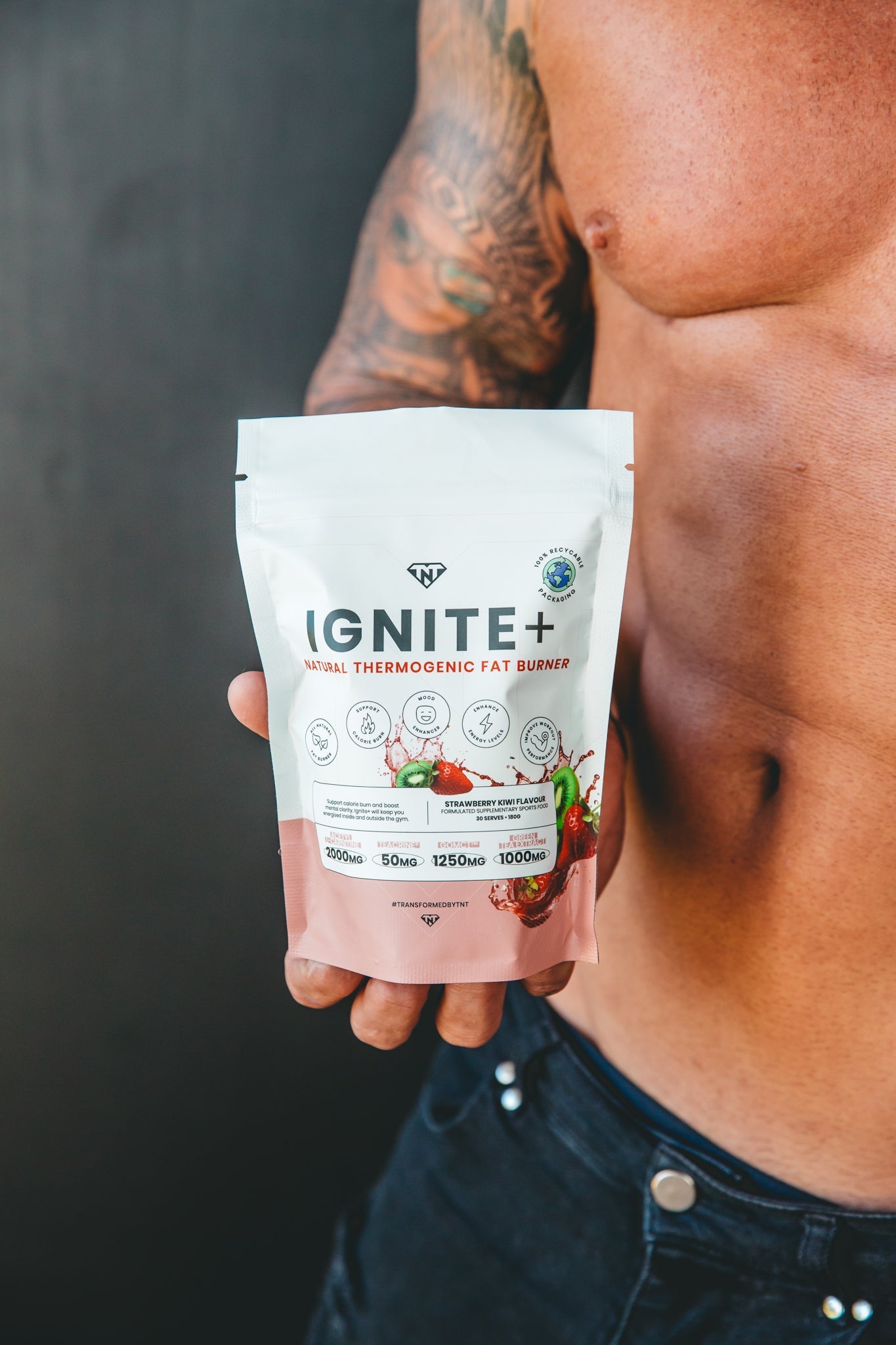Are you tired of feeling sore and achy after your workouts? If so, you might want to consider adding magnesium to your post-workout routine!
Firstly, let's talk about what magnesium actually is. Magnesium is an essential mineral that plays a crucial role in our overall health. It's involved in over 300 biochemical reactions in the body, including muscle and nerve function, protein synthesis, and energy production. And when it comes to exercise recovery, magnesium can work wonders.
Here are some of the benefits of magnesium when it comes to exercise recovery and performance:
-
Reduces inflammation
After a strenuous workout, your muscles can become inflamed, leading to soreness and stiffness. Magnesium is known for its anti-inflammatory properties, which can help reduce this inflammation and speed up the recovery process.
-
Improves circulation
Magnesium helps improve circulation, which can help deliver oxygen and key nutrients to your muscles more quickly. This can help speed up the recovery process and reduce soreness.
-
Reduces muscle cramps
Magnesium is important for muscle relaxation, which can help reduce cramping and soreness. It also helps regulate calcium levels, which is necessary for muscle contraction.
-
Enhances energy production
Magnesium is involved in the production of ATP (adenosine triphosphate), which is the primary source of energy for our muscles. During intense exercise, the demand for ATP increases, and our bodies rely on magnesium to produce this energy. If you are deficient in magnesium, you may experience fatigue and decreased endurance during exercise. By supplementing with magnesium, you can ensure that your body has enough of this essential mineral to produce the energy you need to power through your workouts.
-
Boosts immunity
Intense exercise can temporarily weaken your immune system, leaving you more vulnerable to illness. Magnesium helps support immune function, which can help reduce the risk of getting sick.
-
Improves sleep
Getting enough sleep is crucial for exercise recovery, and magnesium can help with that too. Magnesium has a calming effect on the body and can help promote relaxation and better sleep. This means that taking magnesium before bed can help you get the restorative sleep you need to recover from your workouts.
So, how can you get more magnesium in your diet? Some good sources include leafy green vegetables (like spinach and kale), nuts and seeds, whole grains, and dark chocolate (yes, you read that right!). Magnesium supplements are a convenient way of boosting your intake. Our Recover all-in-one recovery formula combines the benefits of magnesium with performance-boosting vitamins to supercharge your recovery and overall health. Click here to find out more.
So, whether you're a seasoned athlete or just starting out on your fitness journey, adding more magnesium to your diet can be highly beneficial for both your performance & recovery! By improving energy production, increasing muscle strength and power, reducing muscle soreness, and improving sleep quality, magnesium can help you take your workouts to the next level.
Shop our Recover formula here!
Keep an eye out for some very exciting news in the coming days!






